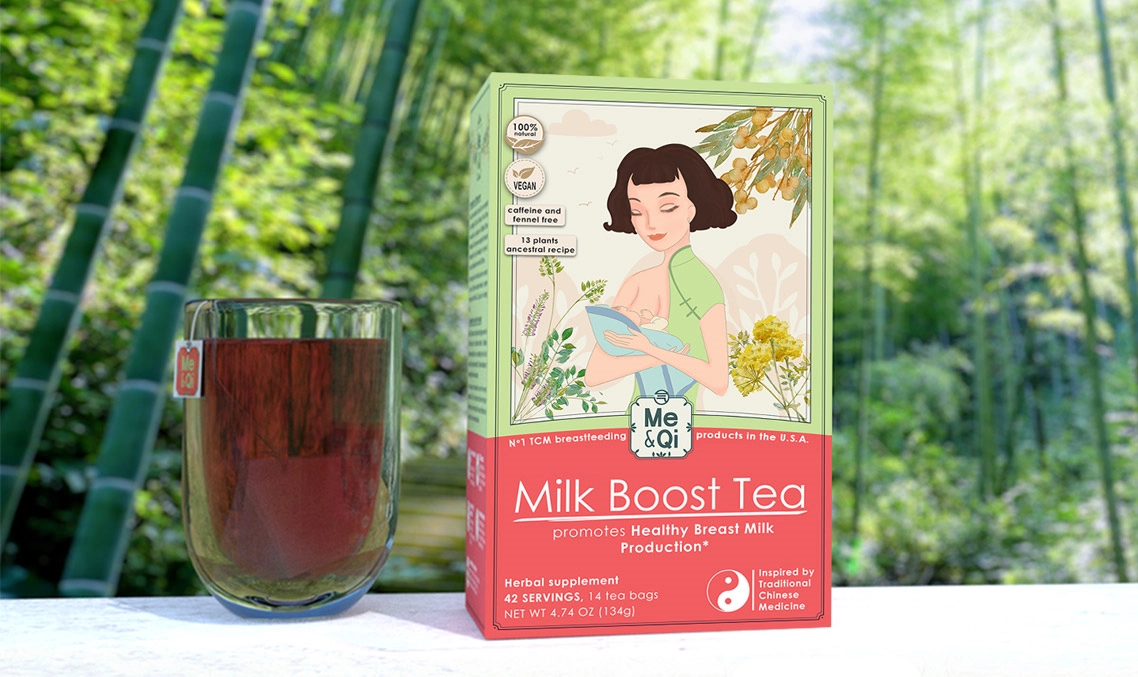Contents
- What is Advil and what does it help with?
- Can I take Advil while breastfeeding?
- Advil dosage while breastfeeding
- Does Advil decrease milk supply?
- Can Advil help with breast or nipple pain caused by breastfeeding?
- How long does Advil stay in breastmilk?
- Is it safe to take Advil if my baby is premature or less than 6 months old?
- Can I take Advil to treat a cold, the flu or fever while breastfeeding?
- Can I take Advil to relieve headache while breastfeeding?
- Can I take Advil to ease vaginal pain after delivery?
- What pain relief medicine is considered safe while breastfeeding?
What is Advil and what does it help with?
Advil is just a brand name, the actual medicine's name is ibuprofen.
Ibuprofen can be sold over-the-counter (OTC). It is a so-called Nonsteroidal Anti-Inflammatory Drug (NSAID) that treats pain, fever, and inflammations.
Can I take Advil while breastfeeding?
Any medicine ingested ends up in the mother's blood stream and gets transferred to the baby's breast milk.
However no evidence suggests that Advil can harm infants, especially at small doses. There are no known contraindications for taking Advil while breastfeeding.
This means Advil is comparatively safe with regards to breastfeeding, both for the mother and the baby. Along with Tylenol, it is often recommended as the pain-reliever of choice for nursing mums.
That being said, it might not be right for your specific situation. Check this overview of the most common causes of pain while breastfeeding and the recommended remedies.
Side effects are rare but they happen. If you or your baby experience symptoms such as vomiting, diarrhea, bellyache or other side-effects, stop taking the medicine and contact your doctor immediately.
It is especially important to be cautious if your baby is premature, underweight or suffers from a medical condition. In those cases, it is better to consult with your doctor before taking any medication.
Advil dosage while breastfeeding

Do not exceed the maximum daily dose which stands at about 1,200mg per 24 hour period.
If you take Advil Regular Strength this means no more than 6 pills in a 24-hour period. For Advil Extra Strength, this means no more than 3 pills in a 24 hour period.
Studies suggest very little Advil makes it to your breast milk but still, remember that the more medicine you ingest, the more your baby will too!
Does Advil decrease milk supply?
Many mums report that taking pain-relief medicine like Advil impacts their milk supply.
If you plan on taking Advil , read what you can do to maintain or increase your milk supply.
Can Advil help with breast or nipple pain caused by breastfeeding?
If your pain is related to breastfeeding itself, it can be due to a range of conditions: engorgement, clogged milk ducts, milk blebs or blisters, nipple fissures, nipple thrushes, mastitis, breast abscesses, nipple vasospasms, etc.
Any of the above conditions, and more, can cause burning, shooting or sharp pain on the breasts and nipples. This detailed article lists the causes behind these issues with effective home remedies for each.
Advil will be able to relieve pain to a certain extent but will not help with what's causing the pain. As such it is always a good idea to address the underlying issue rather than focus on the symptom of pain.
How long does Advil stay in breastmilk?
Studies suggest that very little Advil make it into your breastmilk, only in the order of less than 1%.
As for the Advil that does make it into your milk, it has a half life of approximately 1.5 hours. This means that 1.5 hours after you ingested Advil , only half of the amount that made it into your breastmilk remains there. If you wait 3 hours you're at 25%, 12.5% after 4.5 hours, etc.
All this means you shouldn't be too worried about your little one getting a lot of Advil into their system.
To be on the safe side, it's always a good idea to favor taking Advil as a bedtime dose after the last feeding of the day. Or at least to take it right after nursing or pumping. Like that as little of it as possible ends up in your breast milk.
It's also recommended to drink a lot of water or tea so as to speed up your metabolism and therefore the rate at which Advil disappears from your system.
Is it safe to take Advil if my baby is premature or less than 6 months old?
Advil might carry some risks for premature babies, newborns (especially underweight) and babies who suffer from a medical condition.
If that's the case of your baby, please talk to your doctor or lactation consultant before taking Advil .
Can I take Advil to treat a cold, the flu or fever while breastfeeding?
Before directly resorting to taking medicine, it's always a good idea to check first if natural remedies help.
In this case try taking a hot shower or bath, a big cup of warm milk before sleeping and applying a cold pad on the forehead. In order to help your body fight, you can also consider drinking honey-lemon water or even Milk Boost Tea since it does a great job boosting nursing mum's energy levels.
Advil can also help reduce some symptoms such as aches so you can take it in limited doses. It won't help treat the underlying problem though, it just temporarily relieves some symptoms.
By the way if you experience flu-like symptoms as well as breastfeeding pain and discomfort, you might have a breast infection like mastitis. Check this article to learn more about mastitis.
Can I take Advil to relieve headache while breastfeeding?
Headaches can be a symptom of many conditions. First, it is worth checking if your headache might be cause by a breastfeeding issue, such as mastitis. See here a summary of the main breastfeeding conditions a nursing mum is likely to encounter.
Breastfeeding mothers often experience headaches due to emotional stress such as anger, frustration, sadness, fatigue, etc.
If you think that might be your case, the best way to solve your headache issues is to work on what's causing it. For instance like many nursing mums you might not be sleeping enough. Or not getting enough assistance taking care of the baby. So consider reaching out to your close ones for assistance.
If emotional stress is what's causing your headache, you might also consider Milk Boost Tea. It's designed to help nursing mums recover from birth-giving by restoring their energy reserves. The more energy you have, the best you can cope with emotional stress.


Lastly of course Advil can also help reduce the severity of a headache. It won't help treat the underlying problem though, it's just temporary relief.
Can I take Advil to ease vaginal pain after delivery?
Yes. Advil is often suggested to mothers who suffered during the act of birth giving. The pain is often quite strong during the first 3 days postpartum and goes away progressively as the wounds heal.
Advil is comparatively safe. However, if you breastfeed and your baby is premature, underweight or suffers from a medical condition, please do talk to your doctors before taking the medicine.
What pain relief medicine is considered safe while breastfeeding?
As we've shown, Advil (or other Ibuprofen-based medicine like Motrin) is comparatively safe.
Tylenol, an acetaminophen-based medicine, is also considered safe.
What's not recommended while breastfeeding are pain-relief medicine based on aspirin or codeine.

